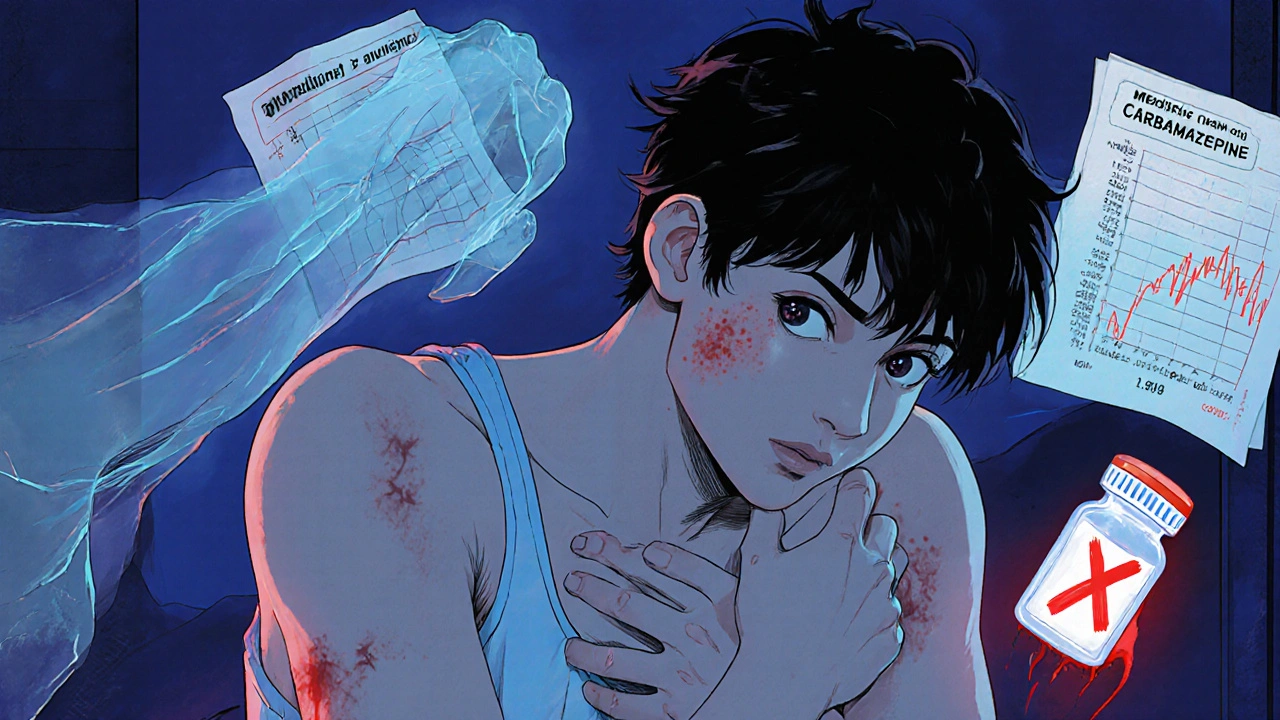Aplastic Anemia Symptoms: What to Watch For and When to Act
When your bone marrow stops making enough blood cells, you’re facing aplastic anemia, a rare but serious condition where the bone marrow fails to produce red blood cells, white blood cells, and platelets. Also known as bone marrow failure, it doesn’t just cause tiredness — it leaves your body defenseless. Unlike regular anemia from low iron, this isn’t about missing nutrients. It’s about your body’s factory shutting down.
The first signs are quiet. You might feel like you’re always drained, even after sleeping. Then come the bruises that show up for no reason, nosebleeds that won’t stop, or tiny red dots under your skin. These aren’t normal. They’re your body screaming that your platelets — the cells that stop bleeding — are running out. Your white blood cells, the immune system’s frontline fighters are dropping too, so even a cold can turn dangerous. And when your red blood cells, the oxygen carriers vanish, your heart races just to keep you going.
People often mistake these symptoms for the flu, stress, or just getting older. But if you’re constantly dizzy, get infections that won’t clear, or bleed easily, it’s not just bad luck. Aplastic anemia can come from exposure to chemicals, radiation, certain drugs, or autoimmune issues — sometimes, we never find the cause. What matters is catching it early. Blood tests show pancytopenia — all three blood types low. That’s the red flag.
What you’ll find in these articles isn’t just theory. Real cases, real warnings, and real advice from people who’ve lived through this. You’ll learn how symptoms progress, what labs doctors look for, why some treatments work better than others, and how to spot trouble before it’s an emergency. No fluff. Just what you need to know to ask the right questions — and push for answers.
